What’s in a name? For fans of Subway who Eat Fresh on the daily, it’s potentially everything. That’s because the sandwich chain is offering a lifetime of free Subway Deli Heroes in exchange for legally changing your name to Subway.
One lucky(?) winner will receive the grand prize by entering between Aug. 1-4 at SubwayNameChange.com. Fortunately(?), Subway will reimburse the victor’s legal expenses to “assume an iconic new identity.” Previously, Subway gave a lifetime meal ticket to someone who got a footlong Subway tattoo, which shows true brand loyalty.
And hey, if you have trouble finding a job because hiring managers think your first-name “Sub,” last-name “Way” resume is a joke, perhaps the chain will even hook you up as a Sandwich Artist.
|
|
|
Business Beach Books of 2023: A Summer Reading List
|
We’re in the dog days of summer, which means it’s time to dog-ear some books … preferably while lying in the sand with a cold drink at your side.
If you prefer nonfiction instead of the latest from James Patterson or Janet Evanovich, we’ve got some recommendations. Sure, the classics are classics for a reason, but here are five business books — all published this year — that go beyond platitudes for insightful perspectives.
Fall in Love With the Problem, Not the Solution by Uri Levine
|
Best known for co-founding Waze, one of the world’s largest traffic navigation apps — acquired by Google for over $1 billion in 2013 — Uri Levine has spent the past decade building several startups. (These include Pontera, Fairfly, and Moovit, among others.) Levine’s new book leverages his years of experience to guide entrepreneurs in the art of hiring, raising funds, researching customers, and more.
The Space Economy by Chad Anderson
|
|
|
Tired of business as usual here on Earth? Chad Anderson, founder and managing partner of Space Capital, invites readers to get in on the new Space Age. He delves into space tourism, geospatial intelligence, satellite communications, and more to explain why the space economy is the next big opportunity — and how to get involved through career changes, investments, and entrepreneurial ideas.
More Than a Glitch by Meredith Broussard
|
When AI technologies reinforce existing prejudices, it’s not a “glitch,” according to Meredith Broussard, director of NYU Alliance for Public Interest Technology; it’s an algorithmic bias. She identifies how we can root out unfair systems hidden in code, and underscores a sense of urgency as AI becomes a part of daily office life (and life life).
Good Power by Ginni Rometty
|
|
|
Former CEO of IBM, Ginni Rometty argues in this Wall Street Journal bestseller that “power is necessary to change things for the better.” Part memoir and part leadership treatise, the book follows Rometty as she first encounters “good power” in her youth, wields it in business, and explains how anyone — regardless of status or wealth — can help create positive change.
Magic Words by Jonah Berger
|
Wharton School professor Jonah Berger reveals linguistic hacks to sound more convincing in and out of the workplace. Whether it’s avoiding hedges like “I think” or “sort of,” or learning how to make claims assuringly, Berger backs up his points with academic research.
|
|
|
Ivory Ella: Selling Clothes and Saving Elephants
|
Elephants are among the most magnificent creatures on the planet. They are also among the world’s most threatened, due to poachers who kill them for their ivory.
Stopping poachers is a job for law enforcement, but the private sector can help elephants as well. Ivory Ella, a wildlife-inspired clothing company, creates sustainable design and partners with Save the Elephants: In fact, 10% of all Ivory Ella profits go toward conservation efforts. These include things like tracking more than 400 elephants across Africa with GPS collar technology — plus educational programs about protecting critical habitats.
To date, Ivory Ella has donated $2.2 million of clothing sales to STE and other charitable organizations. This work is vital as humans are expanding rapidly into the large ranges that elephants rely on for survival. As the company reminds shoppers, “You can be a force for nature.”
Learn what to look for in a charity partner for your business.
|
|
|
Woolly Mammoth Meatball: Lab-Grown Meat Even a Caveman Could Love
|
|
|
Some companies are saving elephants; another is serving mammoths.
Cultured meat (aka lab-grown meat), which the FDA recently cleared for sale in the U.S., is a market potentially worth billions or even trillions. It’s the real thing, unlike Beyond or Impossible’s burgers, just without the slaughter or environmental impact.
Although most cultured-meat brands are replicating chicken and beef, Australian company Vow Food recently unveiled a marketing stunt 5,000 years in the making. Using woolly mammoth genome data and filling in genetic gaps with elephant DNA, Vow’s scientists grew 20 billion mammoth cells to form a volleyball-sized meatball.
The project is strictly a statement piece, however — and not to be sold in stores — as scientists are unsure how our modern bodies might react to prehistoric meat. But maybe you’ll get to ride a mammoth when those scientists bring ‘em back from the dead, Jurassic Park-style.
|
|
|
Written by Ali Saleh, Jane Meggitt, and Dan Ketchum.
|
|
|
|


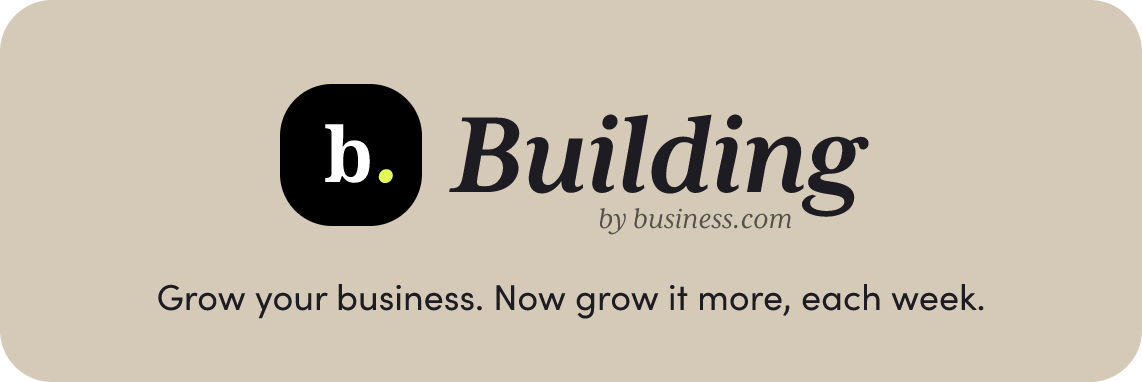

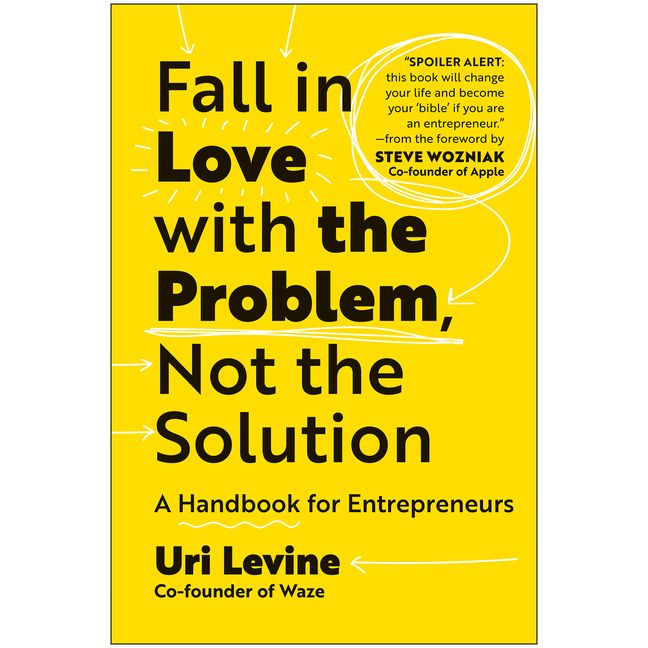
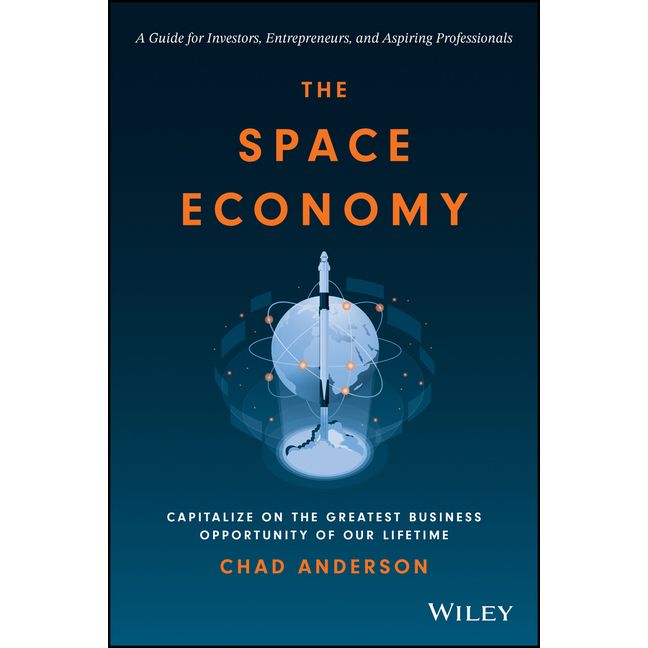
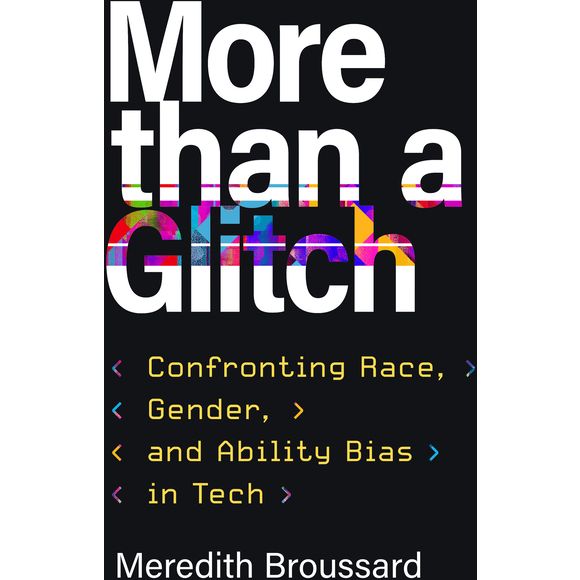
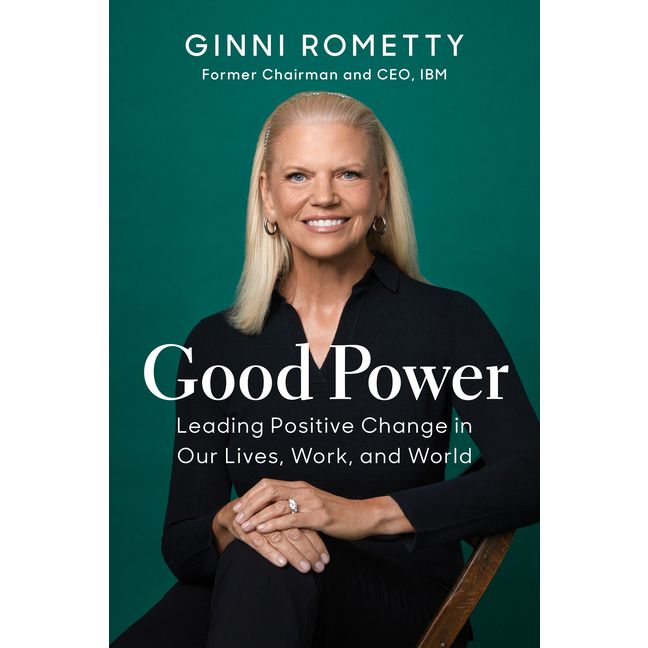

.png)
